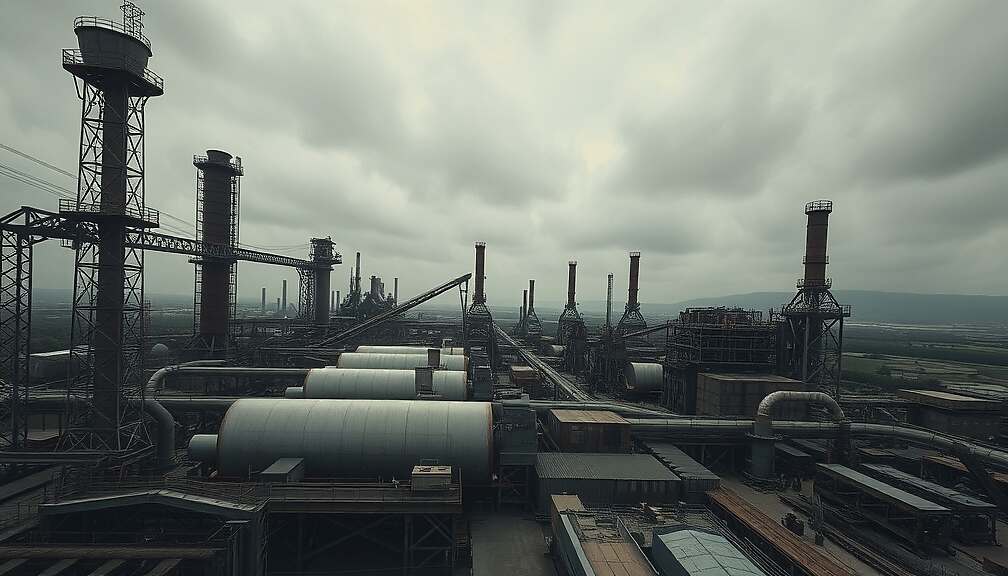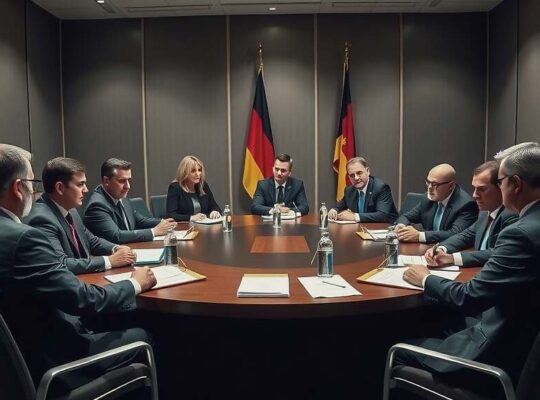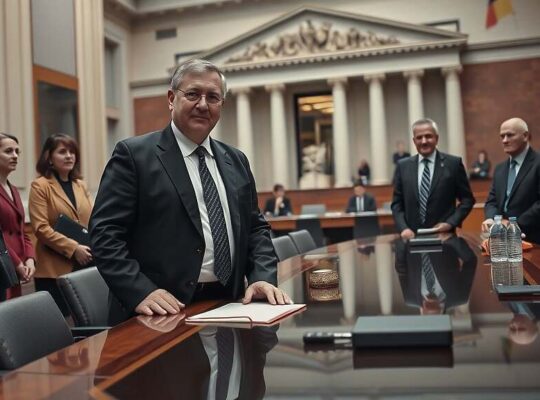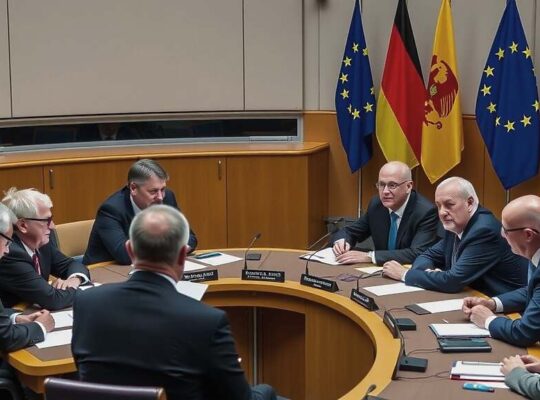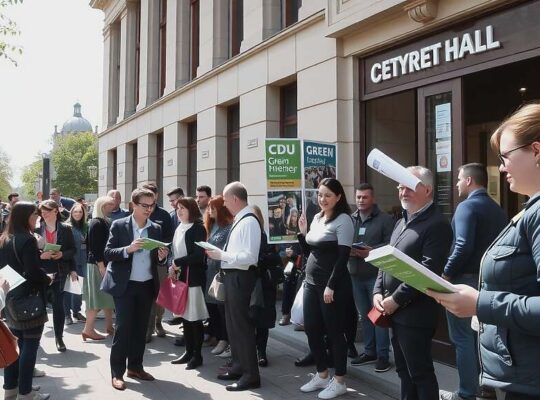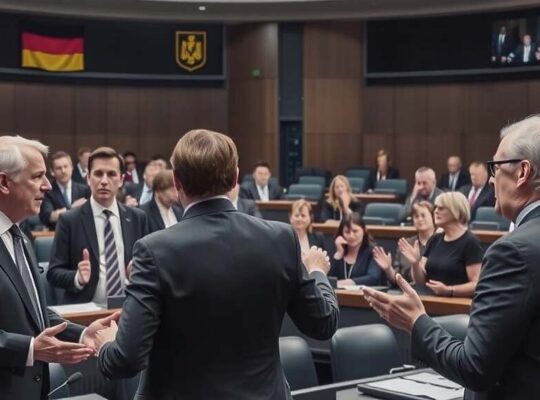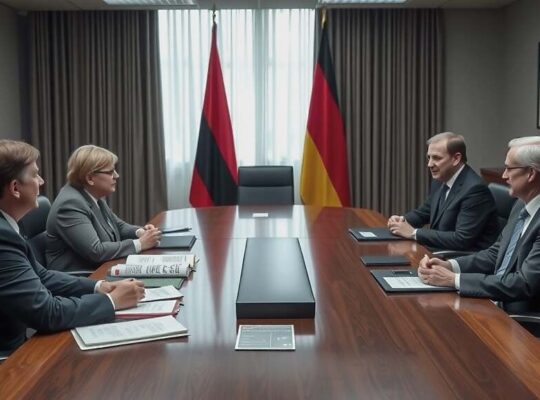The German Social Democratic Party (SPD) parliamentary group is escalating calls for robust intervention to safeguard the nation’s steel industry, proposing a state takeover as a potential “last resort” measure ahead of a planned summit at the Chancellery. An internal position paper, slated for approval on Tuesday and reported by “Stern”, outlines a strategy centered on shielding domestic production from international competition and fostering investment in climate-neutral processes.
The proposal to allow the state to enter steel production under “justified exceptional cases” represents a significant escalation in the debate surrounding industrial policy and raises critical questions about government overreach and market distortion. While SPD representatives emphasize the state intervention is intended as a supplementary tool for absolute emergencies, not a replacement for active industrial policy, critics are already voicing concerns regarding the precedent it could set.
The paper prioritizes a multi-pronged approach, advocating for a strengthened European and German market shielded from “dumping” competition through mandated “Buy European” clauses in both national and European procurement laws. Recognizing the energy-intensive nature of steel production, the SPD is pushing for ongoing government subsidies to alleviate rising electricity costs, even beyond the currently scheduled 2026 deadline.
Furthermore, the parliamentary group is demanding the swift implementation of a “reliable and competitive” industrial electricity price, coupled with site guarantees and employment commitments. This conditionality, while framed as a means to secure jobs and maintain production, is likely to be met with scrutiny regarding its potential to create artificial market advantages and stifle competition.
The proposed measures, while intended to secure a vital sector of the German economy, risk sparking a broader discussion about the appropriate role of the state in the modern industrial landscape. While proponents argue that exceptional circumstances demand extraordinary action, others warn of the potential for unintended consequences and a departure from principles of free market competition. The upcoming summit and the formal publication of the SPD’s position paper are expected to intensify this debate, with potentially far-reaching implications for German industrial policy.


